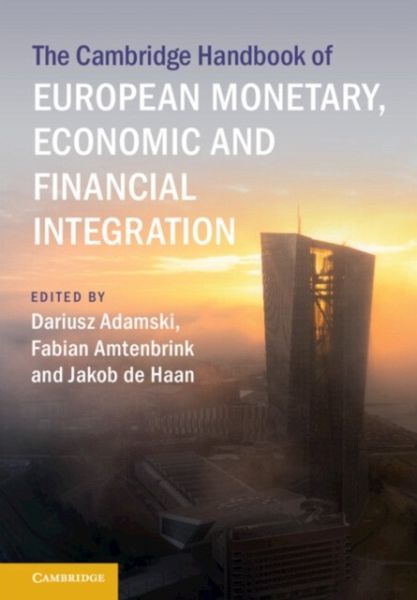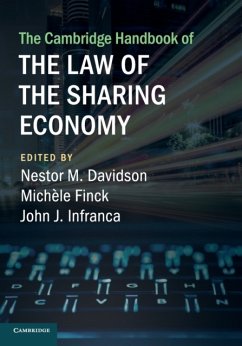
The Cambridge Handbook of European Monetary, Economic and Financial Integration
Versandkostenfrei!
Versandfertig in über 4 Wochen
191,99 €
inkl. MwSt.
Weitere Ausgaben:

PAYBACK Punkte
96 °P sammeln!
Written by experts in the field, this volume offers an in-depth and forward-looking legal, economic, and political science analysis of the rationale, main features, as well as the shortcomings of European economic, monetary, and financial integration. It is primarily intended for an academic audience and policymakers.














